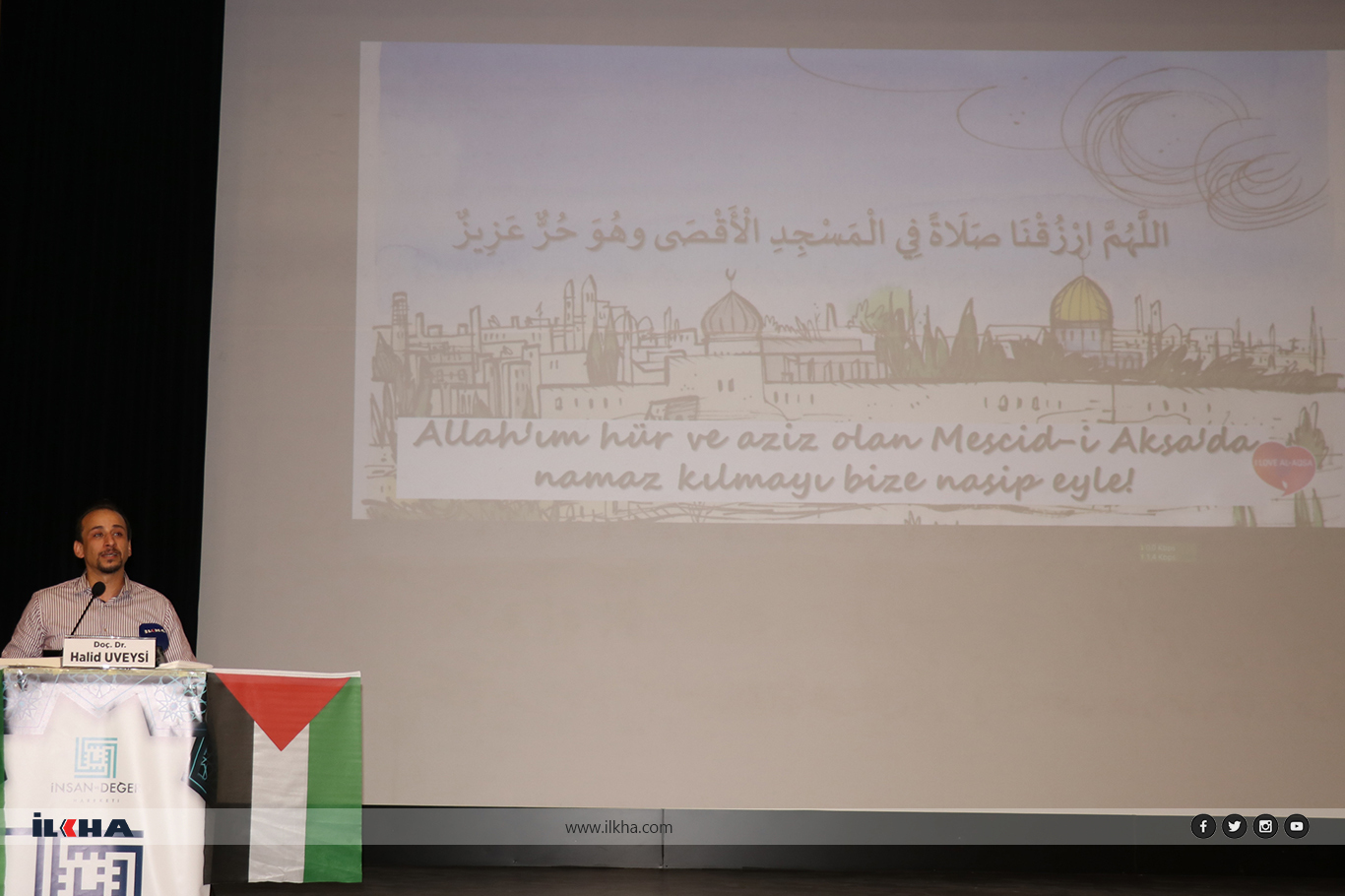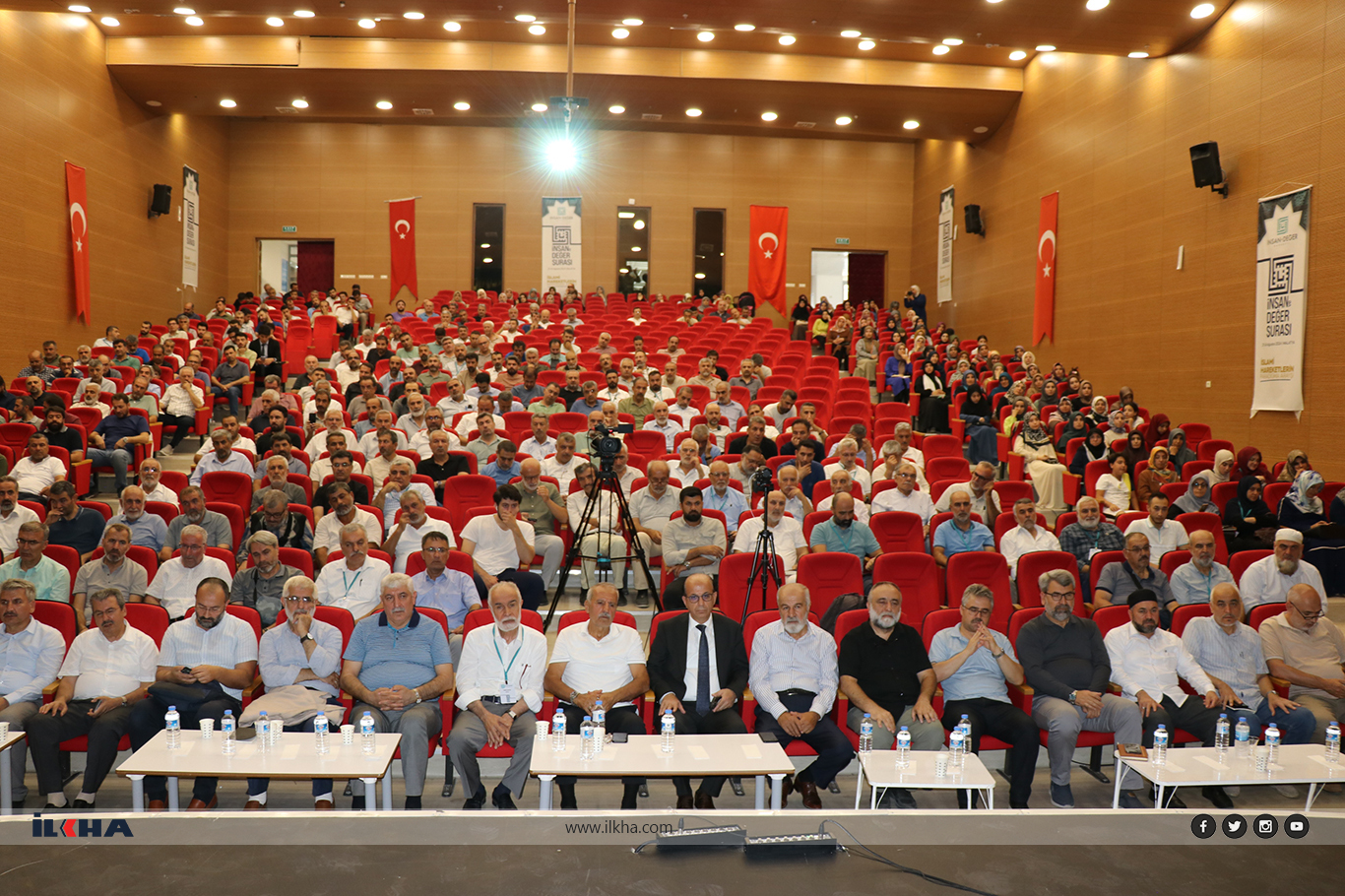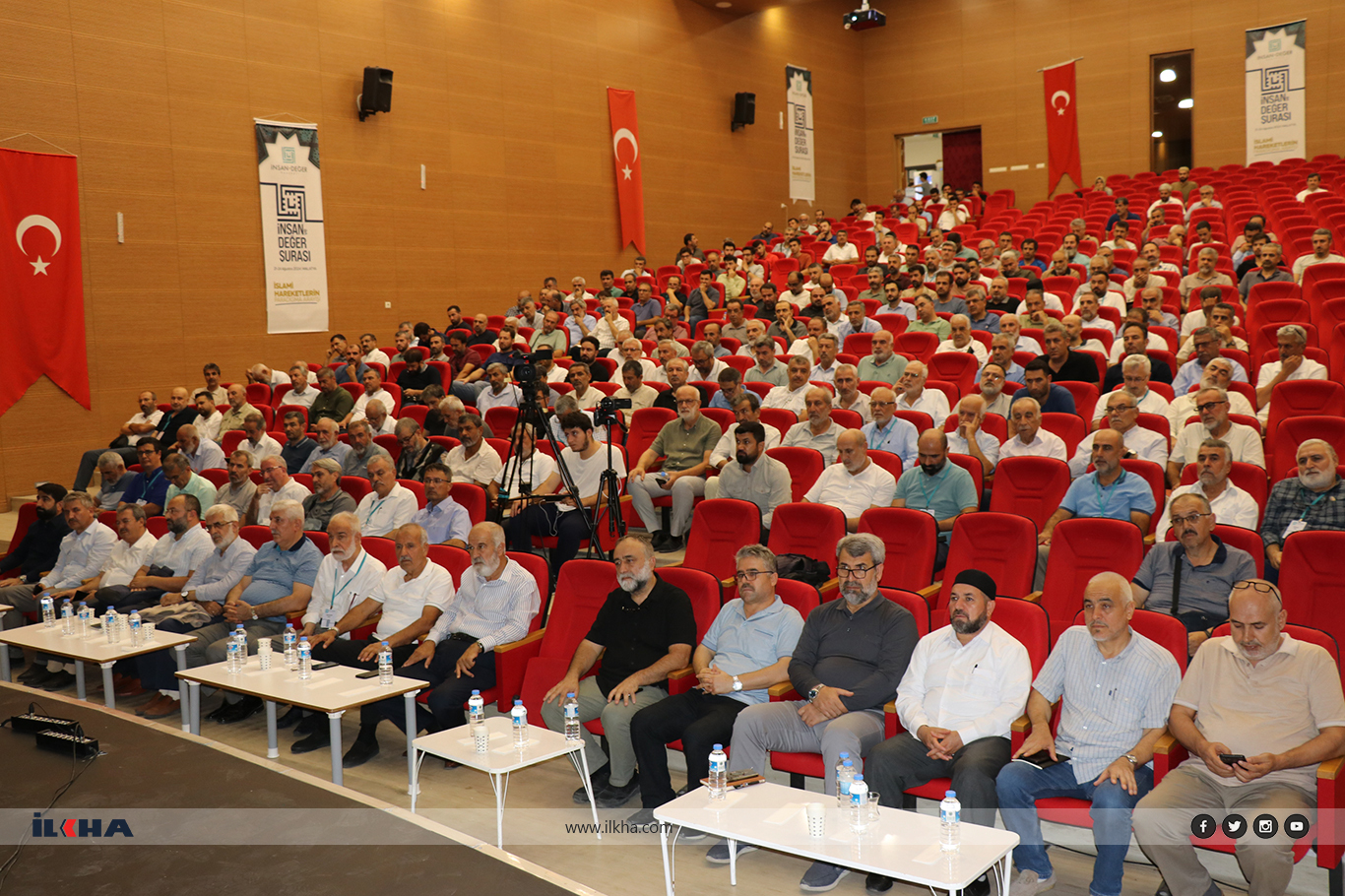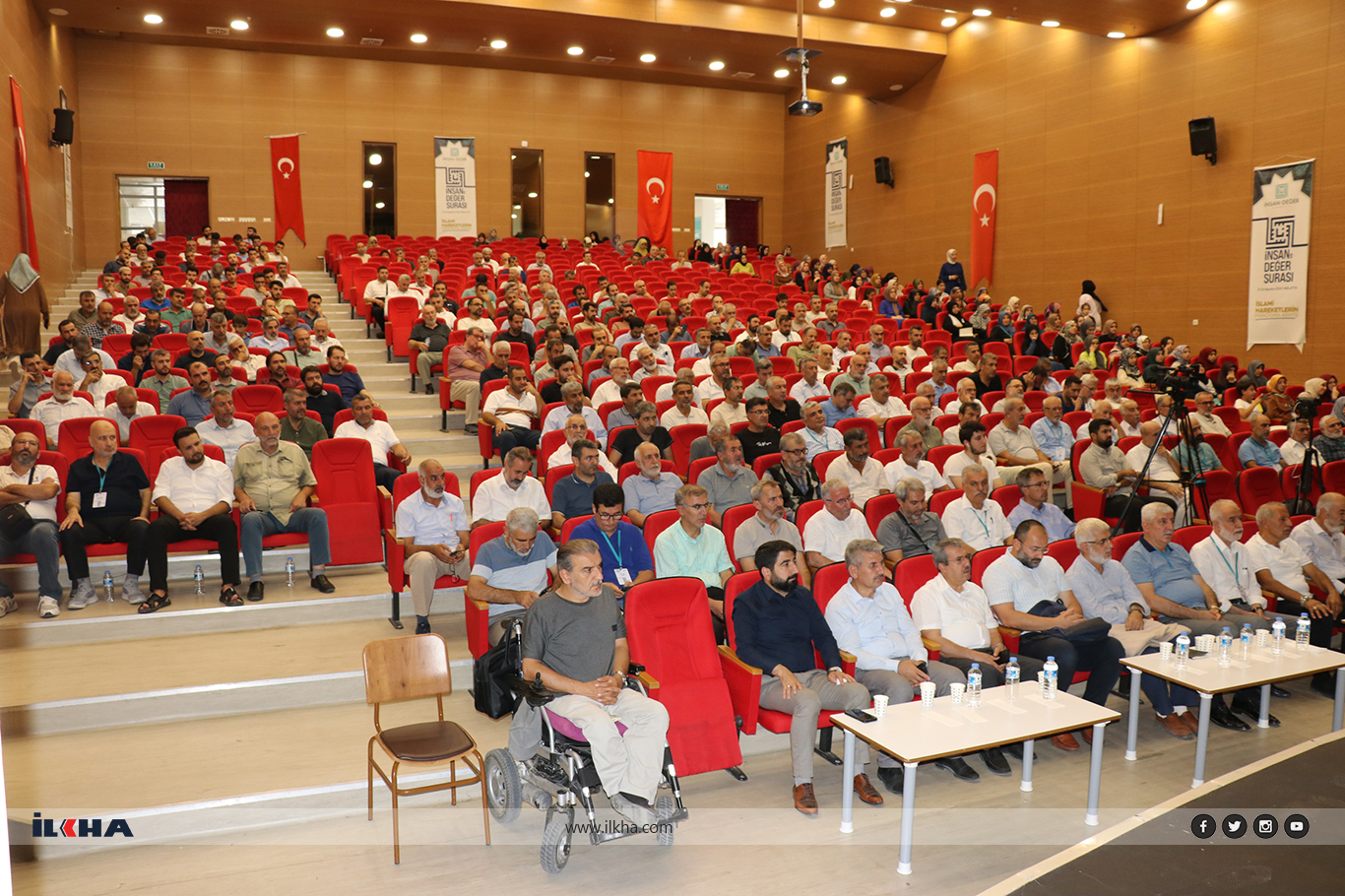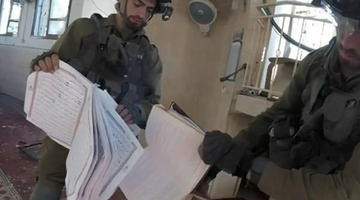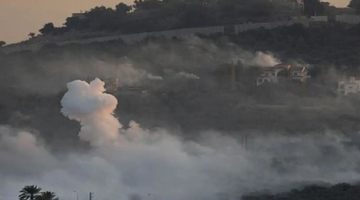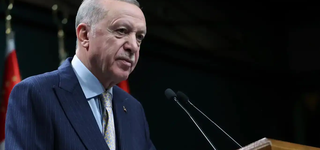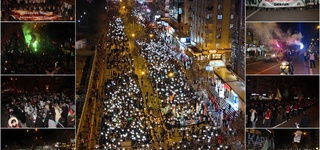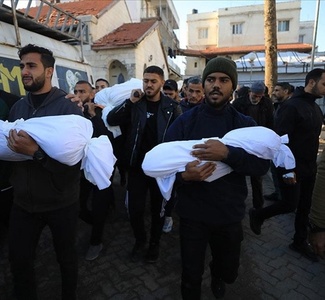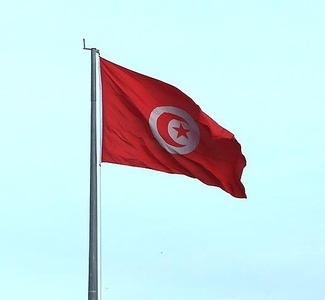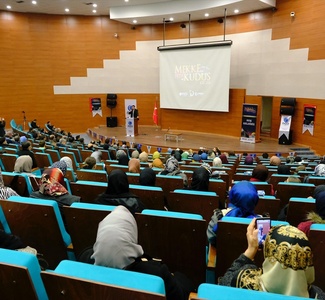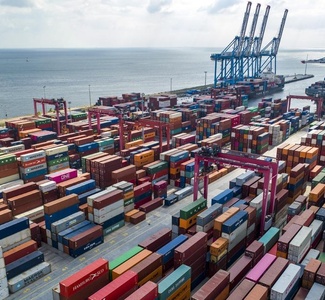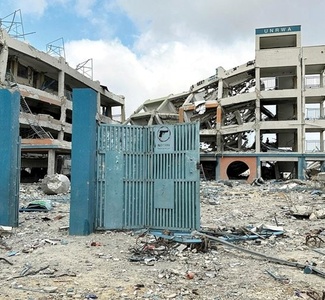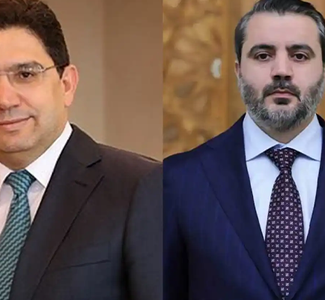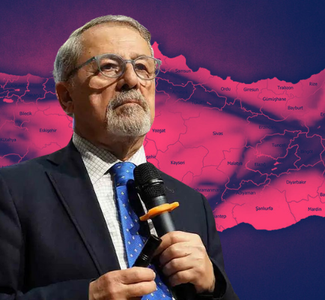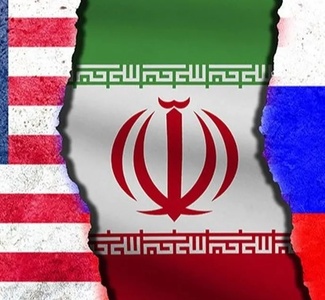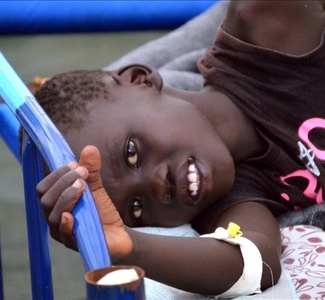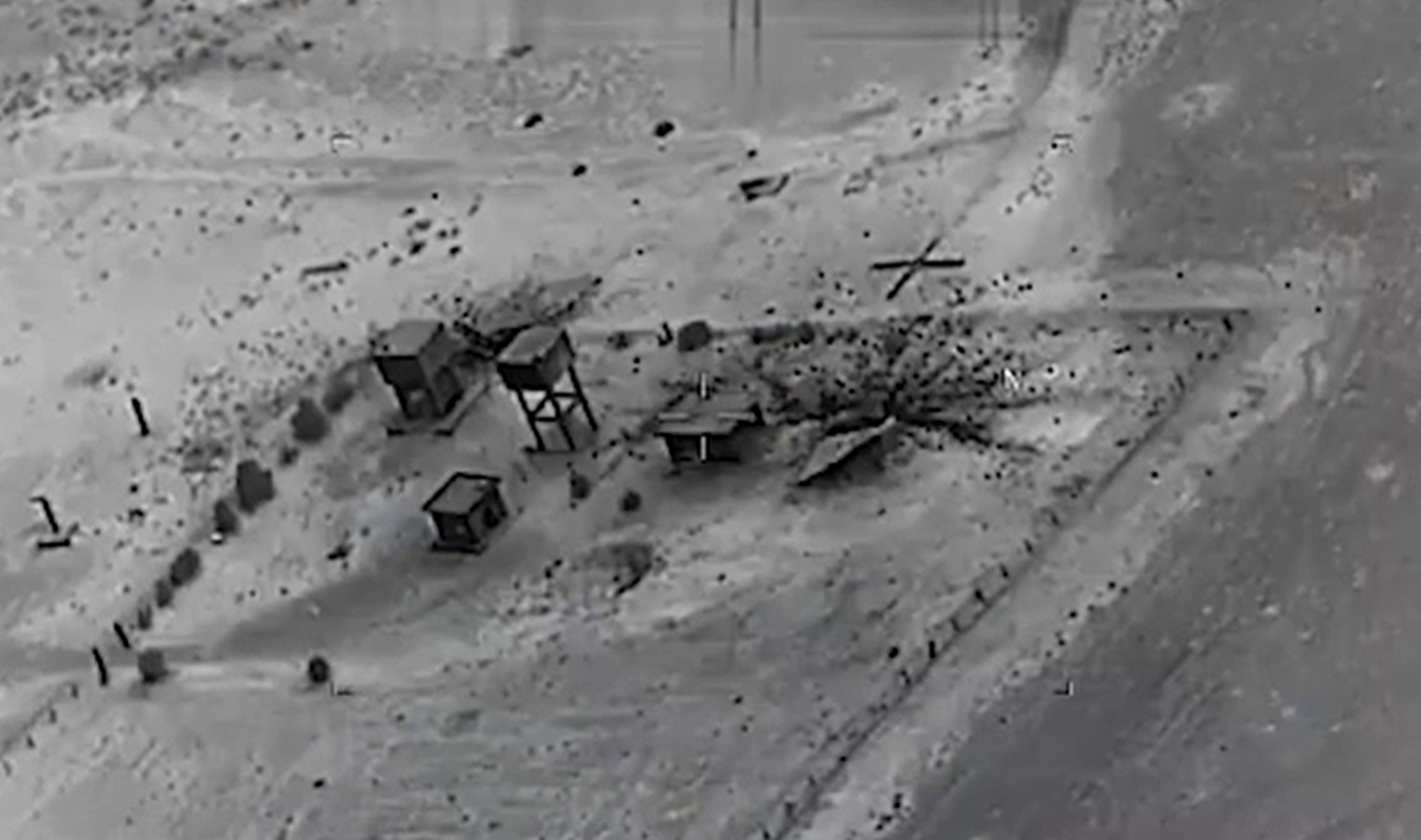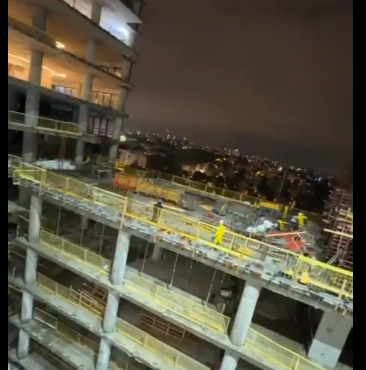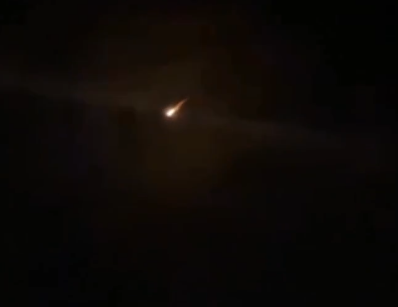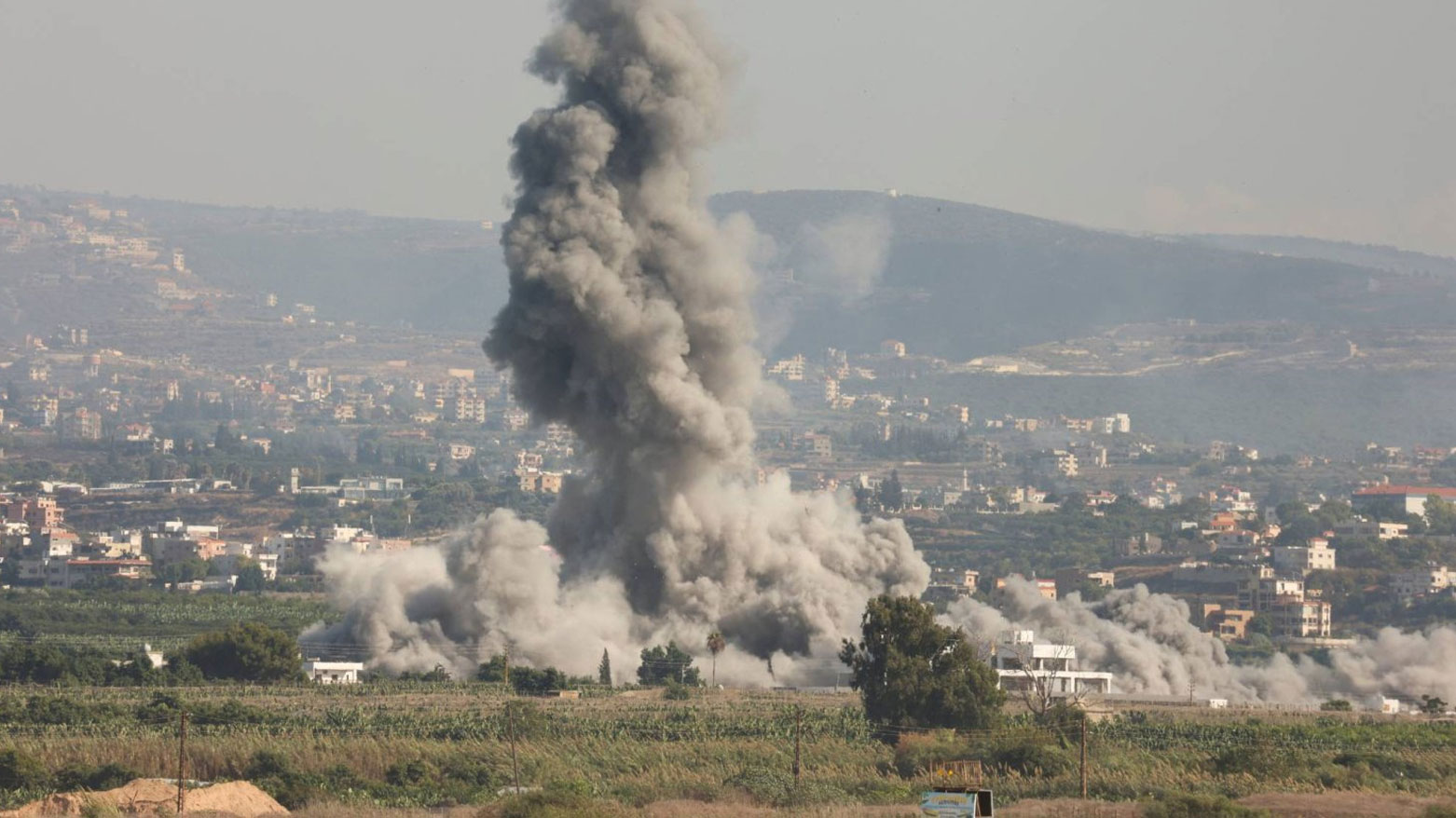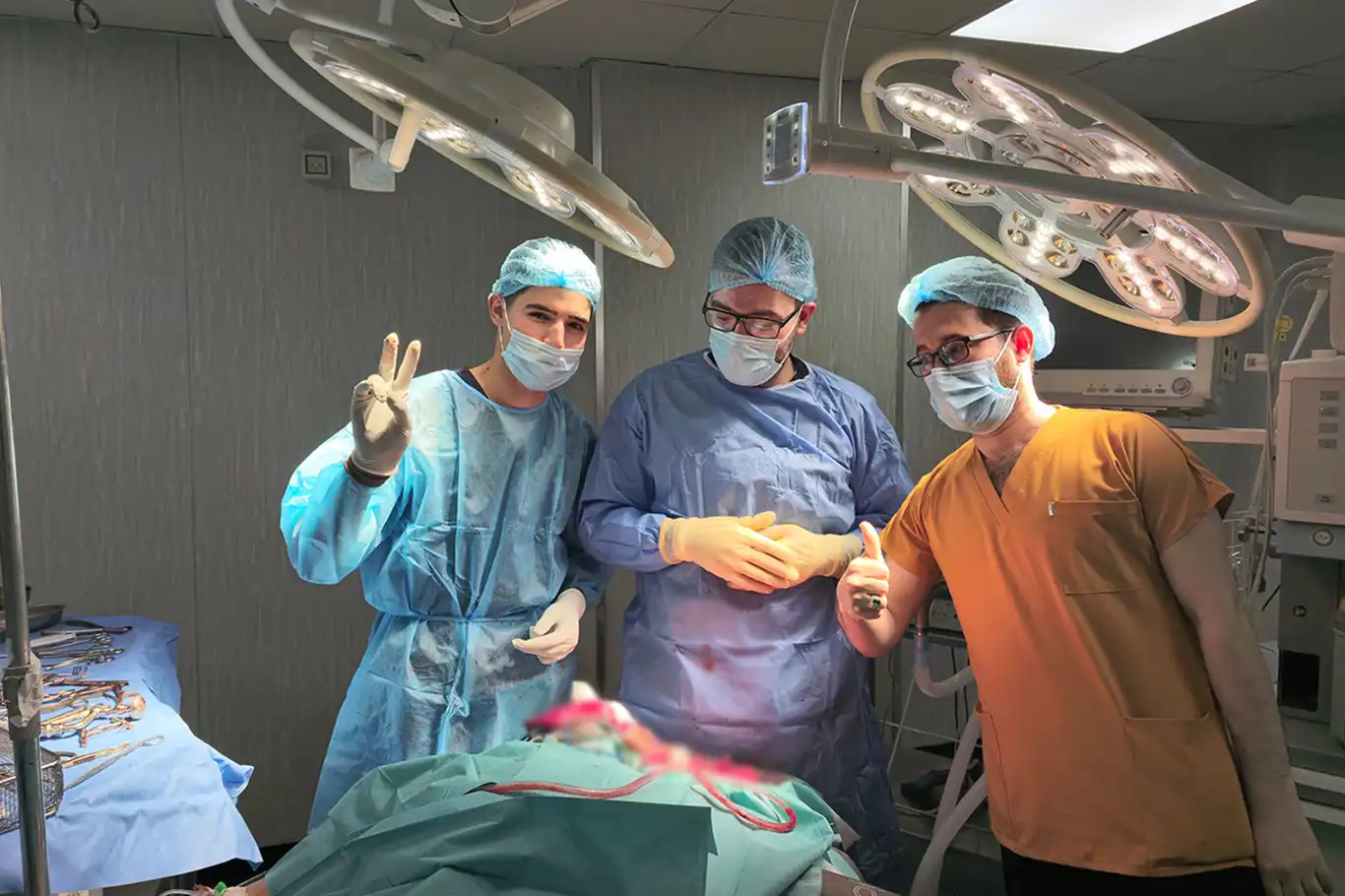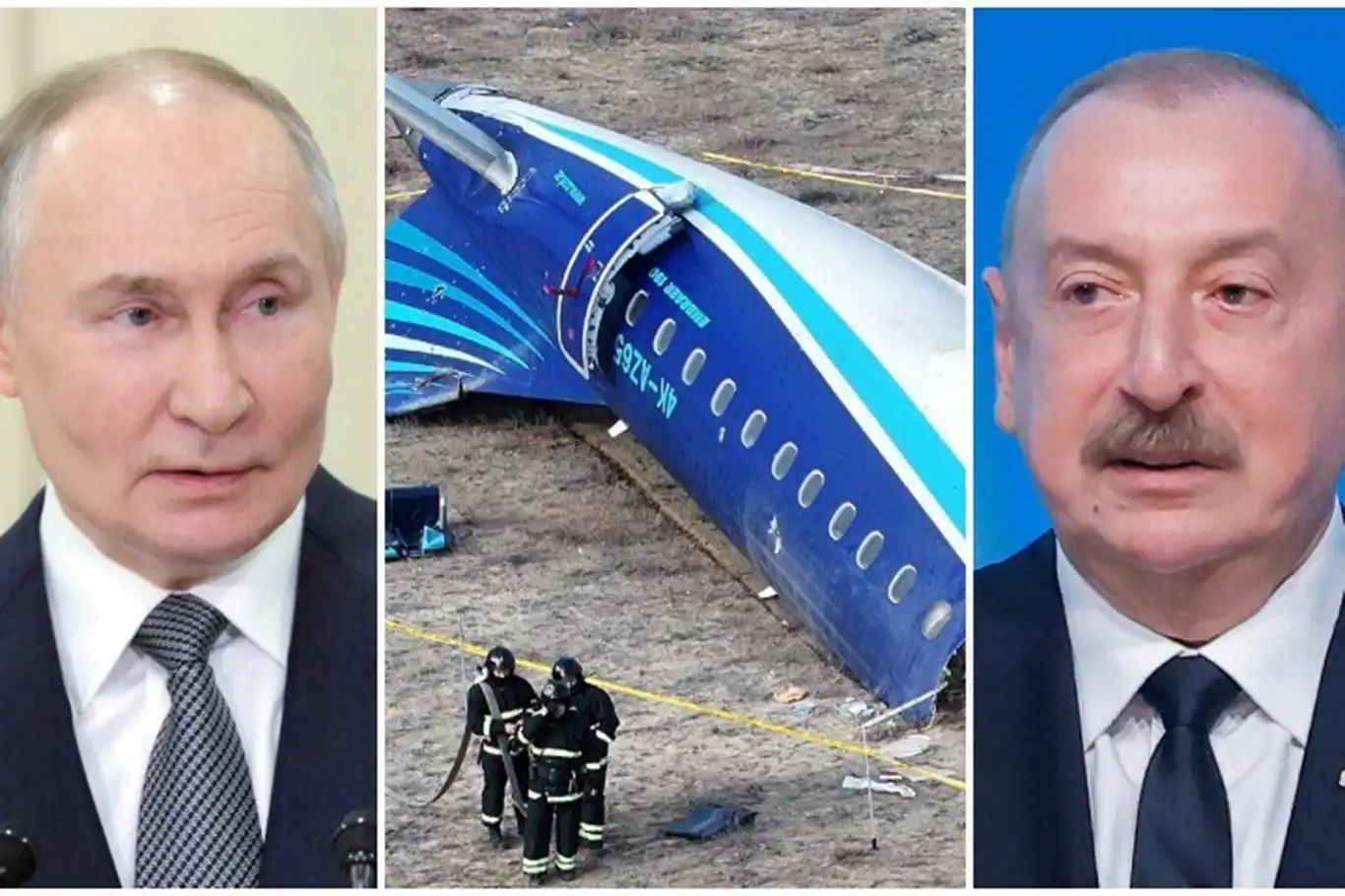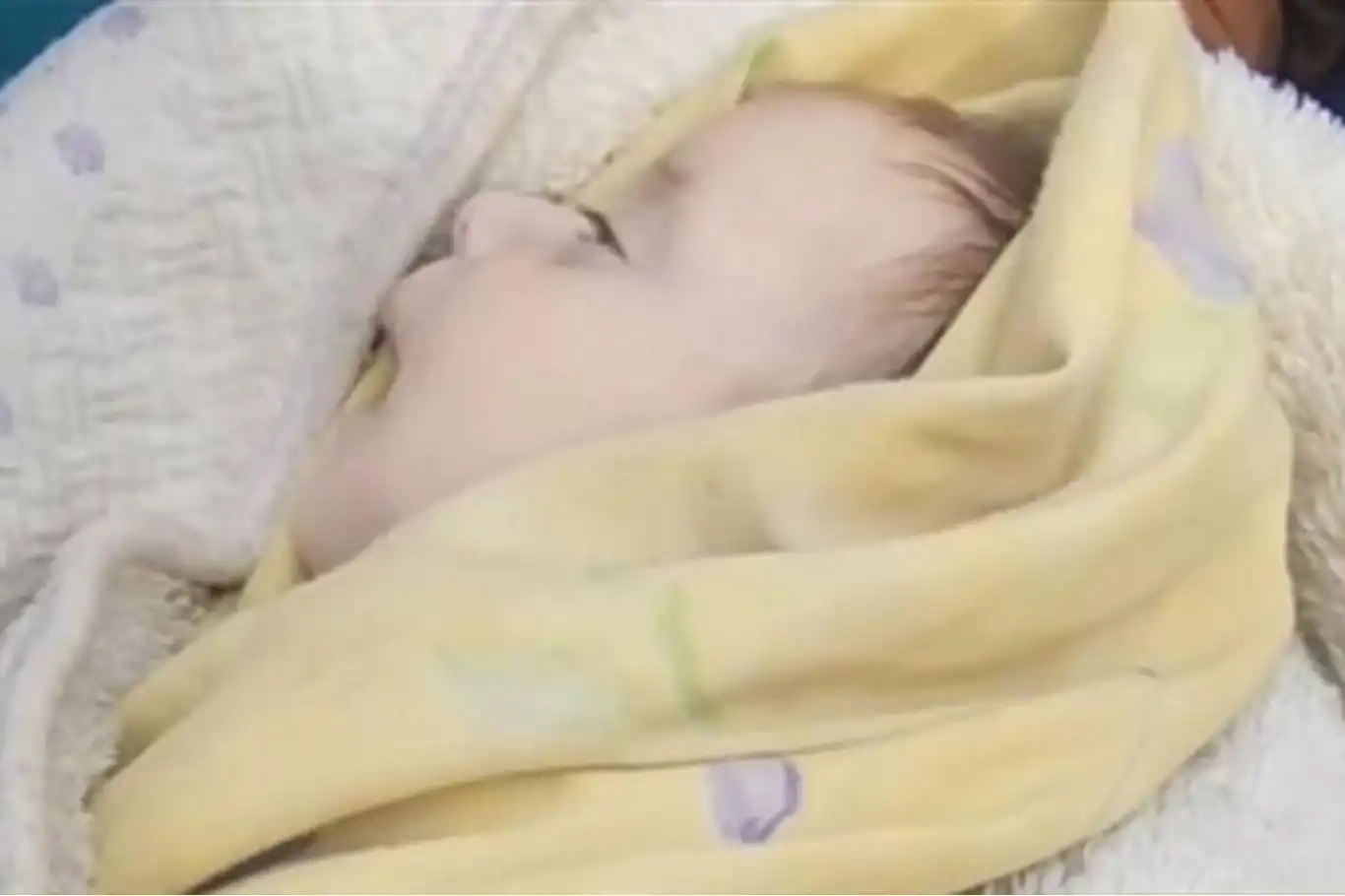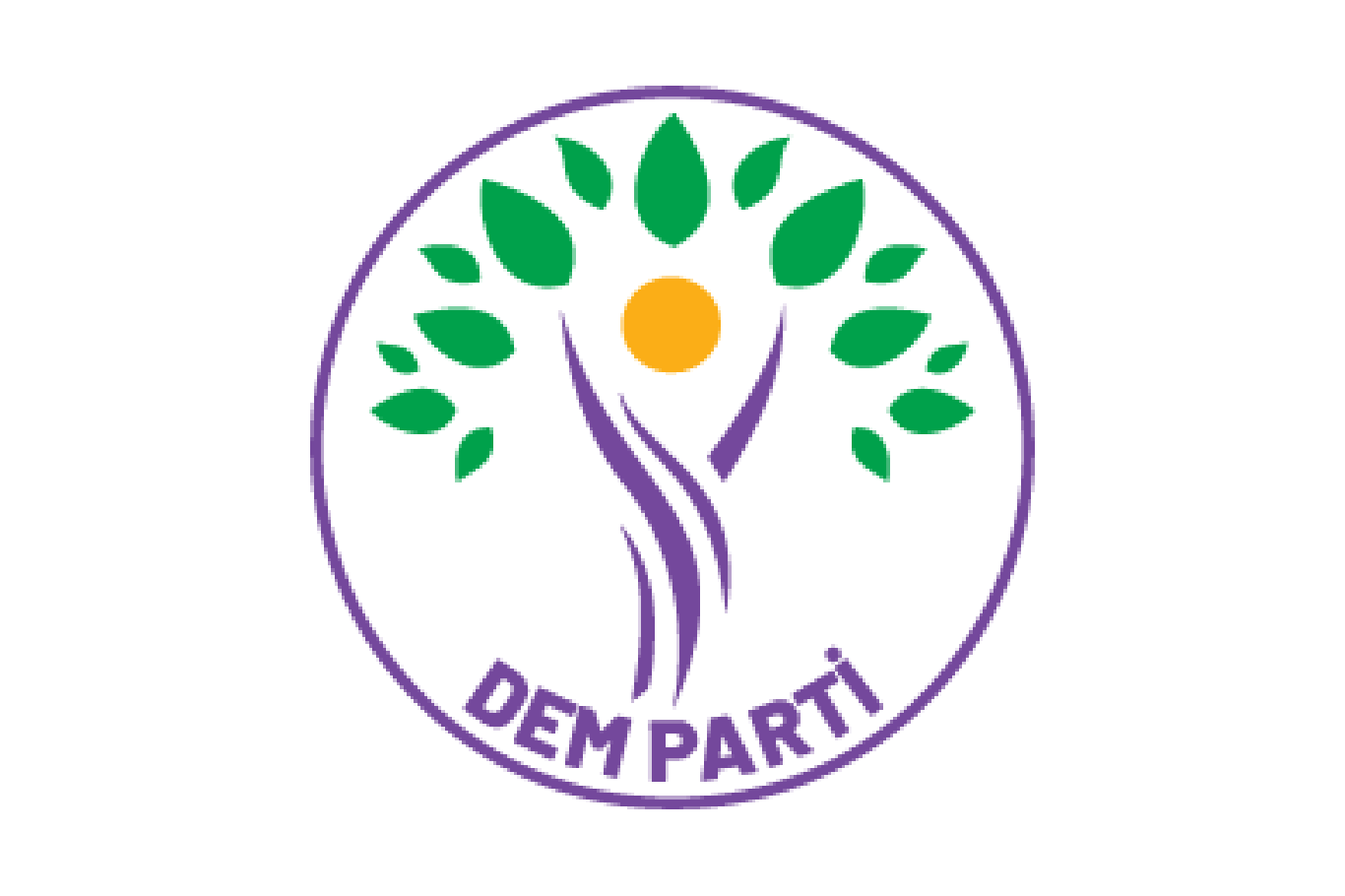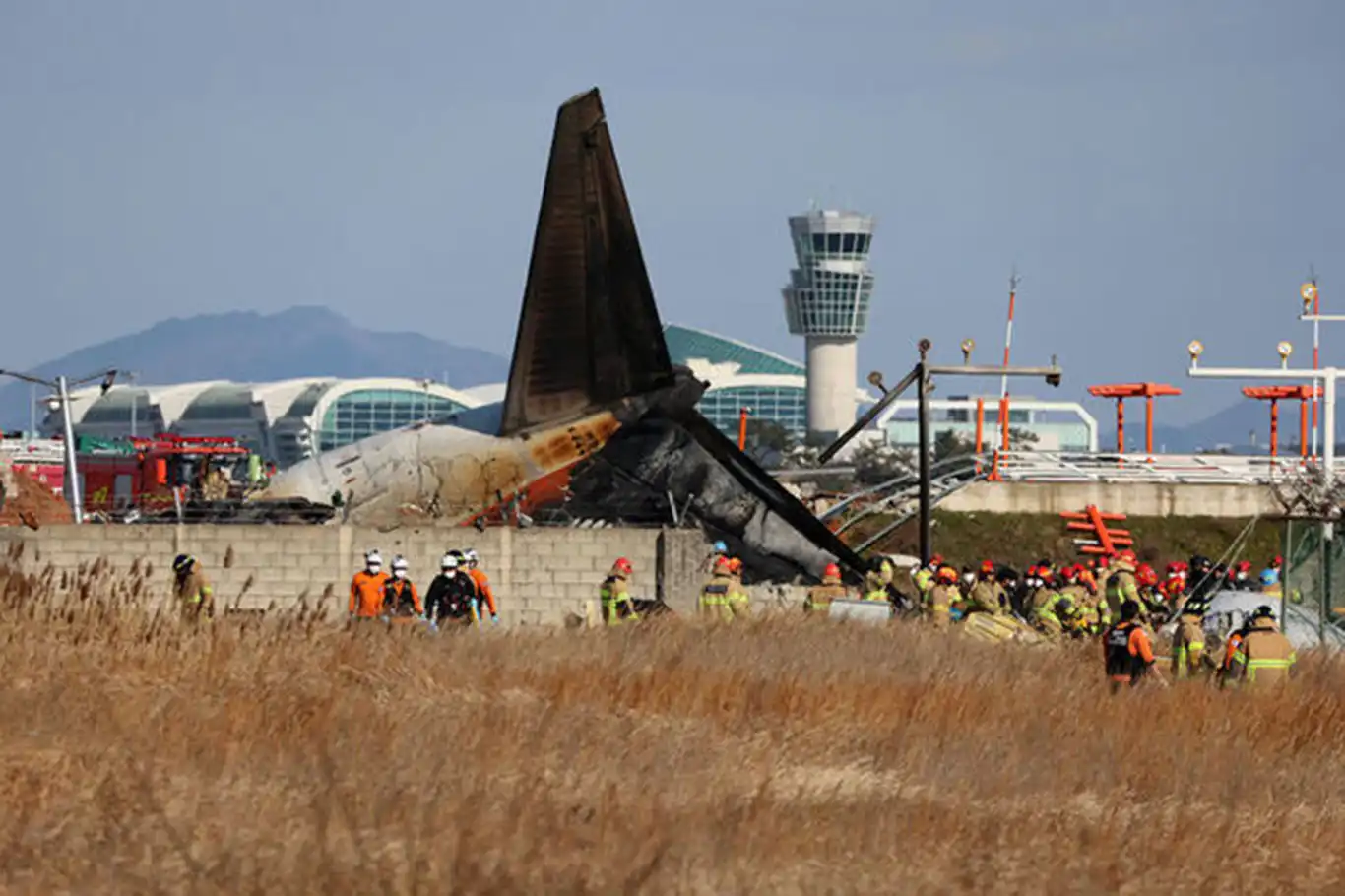Exploring new paradigms in Islamic movements: Reflections from the symposium in Malatya
From August 21 to 24, the city of Malatya became a hub of intellectual and spiritual discourse as scholars, activists, and students gathered for the "New Paradigm Search in Islamic Movements" symposium, organized by the Human and Values Movement (İnsan ve Değer Hareketi).
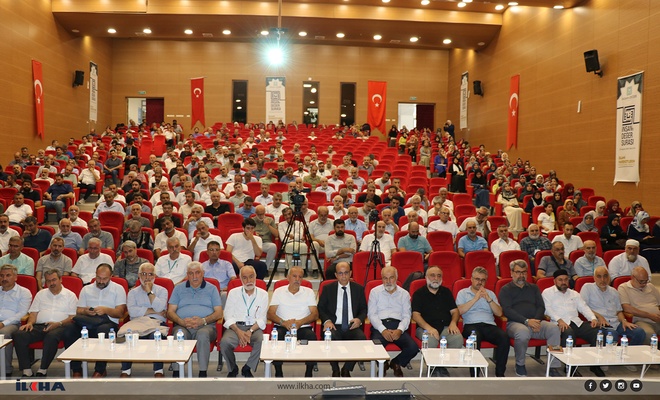
 Google News'te Doğruhaber'e abone olun.
Google News'te Doğruhaber'e abone olun. This four-day event, held at the İlhan Akıncı student dormitory conference hall, was more than just a series of lectures; it was a platform for exploring the future of Islamic movements in a rapidly changing world.
Participants from across Türkiye—representing cities such as Istanbul, Ankara, Şanlıurfa, and Adıyaman—joined the symposium, indicating the broad interest and urgency surrounding the topics at hand. The gathering commenced with a Quranic recitation by Dr. Hüseyin Polat, setting a reflective tone for the discussions that followed. Zekeriya Şengöz, Chairman of the Board of the Human and Values Movement, then delivered an opening address that framed the symposium's purpose: to critically assess the current state of Islamic movements and to explore new paradigms that can guide their future trajectories.
Day One: Contextualizing the Islamic World
The first day's presentations focused on situating Islamic movements within the broader context of the global Muslim experience. Author Taha Kılınç provided a sobering analysis of "The State of the Islamic World and Muslims," highlighting the challenges faced by Muslim communities worldwide. This was followed by Prof. Dr. Halis Aydemir's discussion on "The Gaza School of Faith and Resistance Model," which emphasized the resilience of faith-based resistance in the face of adversity. These talks underscored the need for a deeper understanding of the socio-political realities that shape Islamic movements today.
Day Two: Searching for New Paradigms
On the second day, Assoc. Prof. Dr. Vahdettin Işık delivered a keynote presentation on the symposium's central theme: "New Paradigm Search in Islamic Movements." His lecture stressed the importance of interpreting contemporary issues through an Islamic lens, advocating for an approach that moves beyond mere rhetoric to embody a true testimony of faith. Dr. Nevzat Birişik's subsequent lecture on "The Recent Political Experience of Muslims" further explored how Islamic movements have navigated recent political landscapes, offering insights into both successes and shortcomings.
The day's highlight was a powerful presentation by Palestinian activist Assoc. Prof. Dr. Khalid El-Uwaisi on "The Operation Al-Aqsa Flood." Dr. El-Uwaisi drew a striking parallel between the recent Al-Aqsa Flood operation and the biblical flood of Noah, warning that those who failed to support the Palestinian cause would face existential consequences. His address was a call to action, urging the global Muslim community to reflect on its current state and to rally in defense of Gaza and Al-Aqsa Mosque.
Day Three: Historical Struggles and Contemporary Challenges
The third day of the symposium bridged historical and contemporary struggles within the Muslim world. Writer Ramazan Kayan's presentation on "The Struggle for Muslim Existence from Andalusia to Gaza" traced the historical continuity of Muslim resistance against oppression, while Mehmet Güney provided a critical examination of "The Fate of Islamic Movements in Türkiye." Prof. Dr. Abdurrahman Ateş concluded the day's sessions with a lecture on "The Representation Problem in Islamic Movements," addressing the challenges of leadership and representation within these movements.
Day Four: The Role of Youth in Shaping the Future
The final day was dedicated to exploring the crucial role of youth in the future of Islamic movements. The panel discussion on "Islamic Movements and Youth" opened with Hamza Ünal's speech on "The Role of Youth in Islamic Struggle," which emphasized the vitality and responsibility of young Muslims in carrying forward the legacy of their predecessors. Ayhan Ercüment's discussion on "The Changing Perception of Religion and Youth" highlighted the evolving relationship between young Muslims and their faith, while Halil Han's talk on "Youth Participation in Islamic Movements" focused on the practical aspects of engaging youth in these movements.
Conclusion: A Call for Reflection and Action
The Malatya symposium provided a rare opportunity for in-depth discussion and reflection on the future of Islamic movements. It was a call for scholars, activists, and ordinary Muslims alike to engage with the challenges of our time and to seek new paradigms that can guide these movements towards a future rooted in faith, justice, and resilience. The discussions that took place over these four days were not merely academic exercises but a vital part of the ongoing struggle to define and defend the values that underpin Islamic civilization.
As the symposium concluded, participants left with a renewed sense of purpose and a deeper understanding of the complexities and opportunities facing Islamic movements today. The need for new paradigms is clear, and the work of defining and implementing them is now more urgent than ever. (ILKHA)
